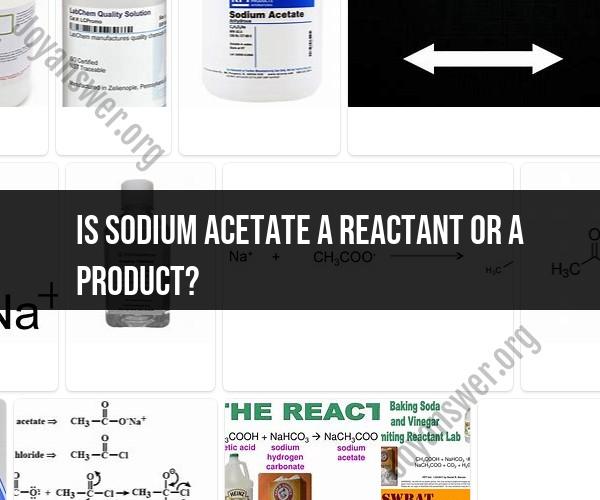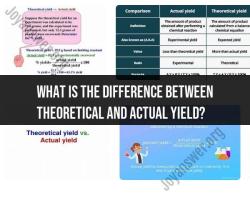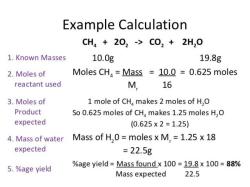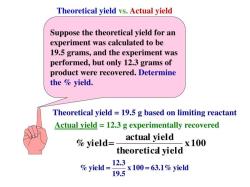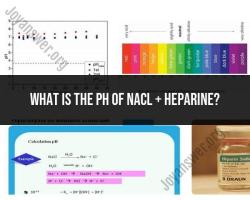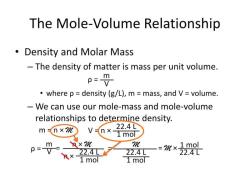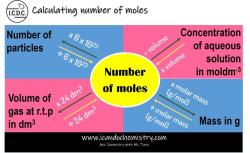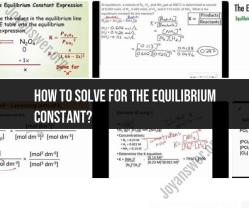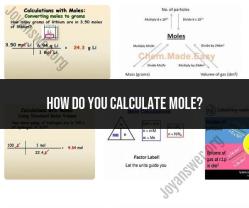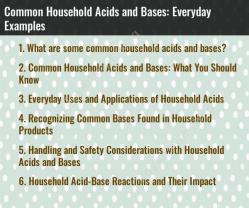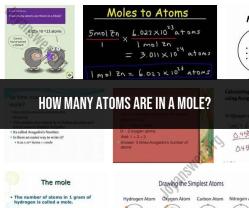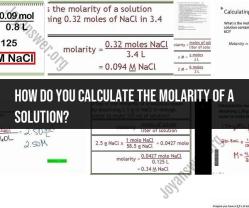Is sodium acetate a reactant or a product?
Sodium acetate can be both a reactant and a product depending on the chemical reaction you are referring to. Sodium acetate is a compound with the chemical formula CH3COONa. It is the sodium salt of acetic acid.
As a Reactant:In some chemical reactions, sodium acetate can act as a reactant. For example, it can react with strong acids to form acetic acid and sodium salts. The reaction can be represented as follows:CH3COONa + HX → CH3COOH + NaXIn this reaction, sodium acetate (CH3COONa) is a reactant, and it reacts with the strong acid HX to form acetic acid (CH3COOH) and a sodium salt (NaX).
As a Product:In other reactions, sodium acetate can be formed as a product. For instance, when acetic acid reacts with sodium hydroxide (NaOH), sodium acetate and water are formed:CH3COOH + NaOH → CH3COONa + H2OIn this reaction, sodium acetate (CH3COONa) is a product that is formed when acetic acid reacts with sodium hydroxide.
In summary, sodium acetate can play different roles in chemical reactions, serving as both a reactant and a product, depending on the specific reaction context.
